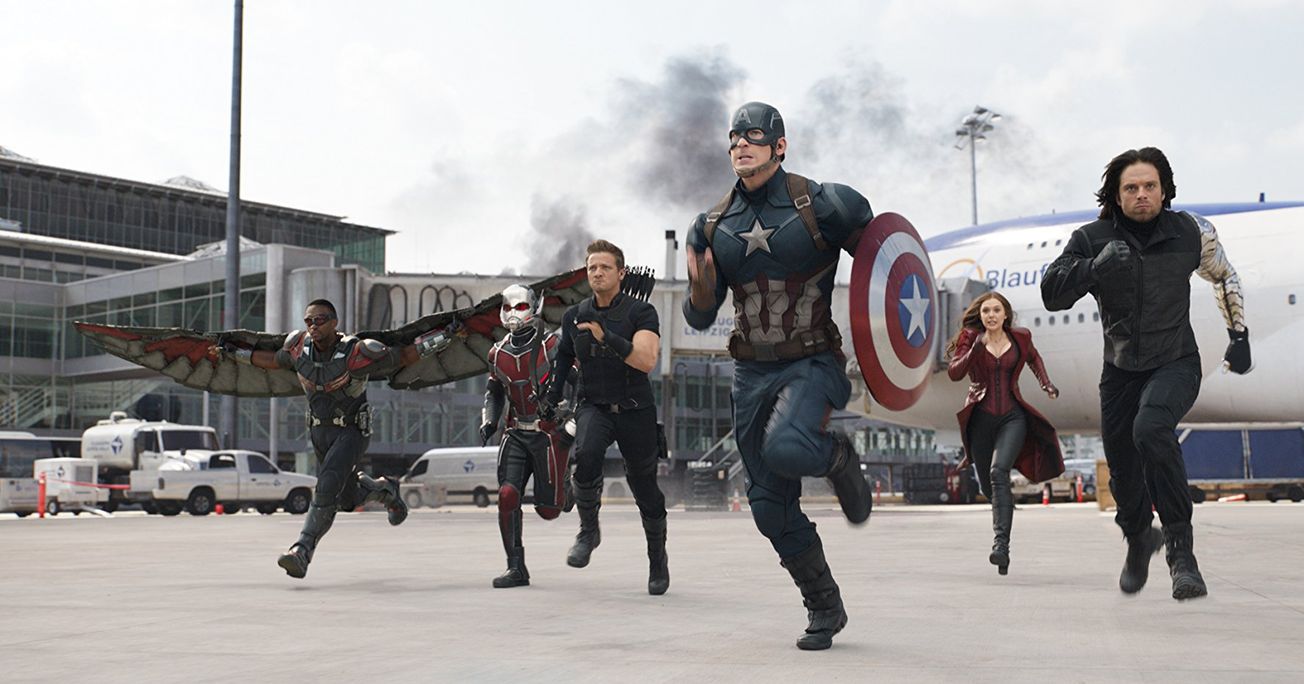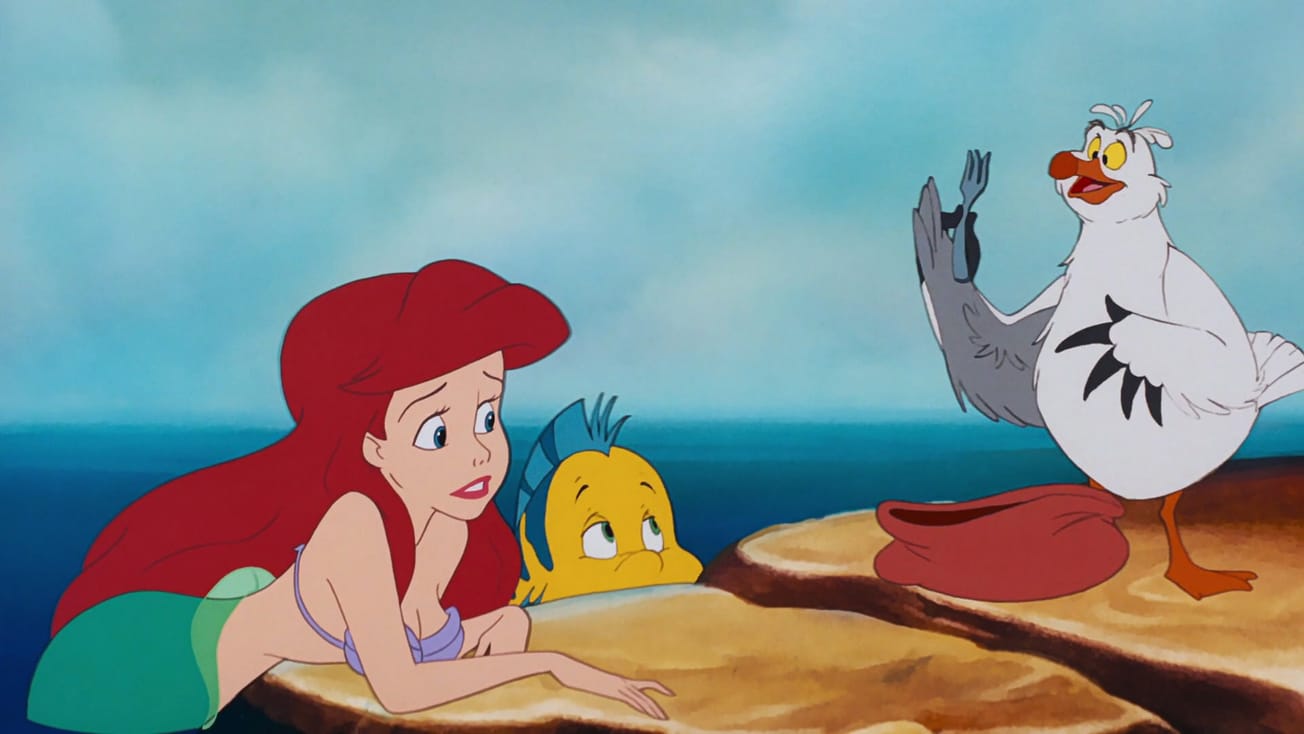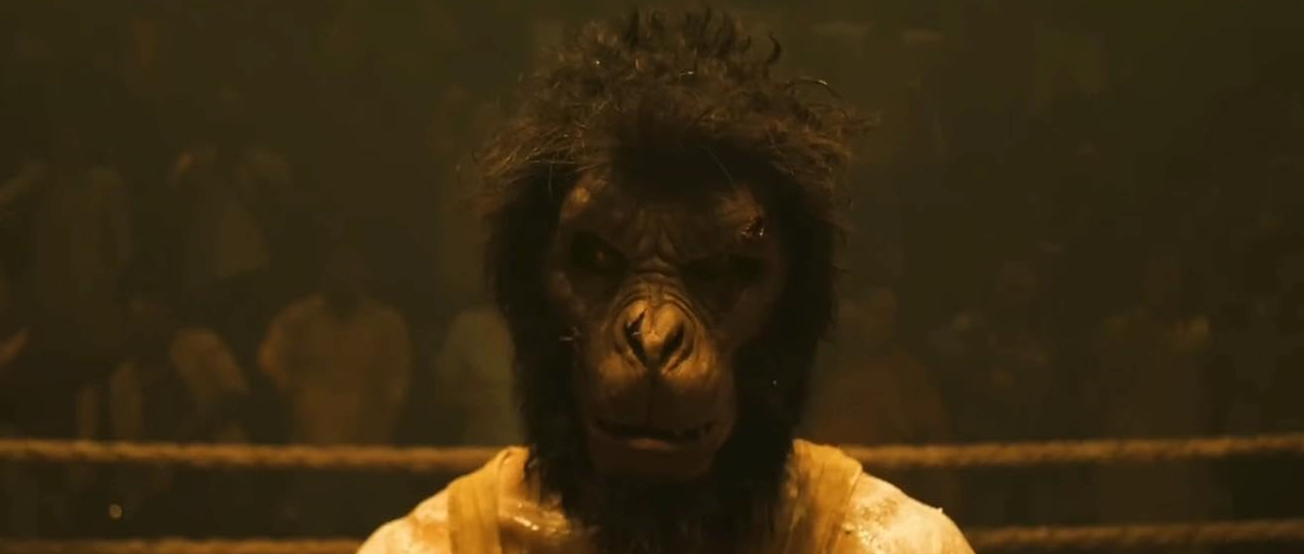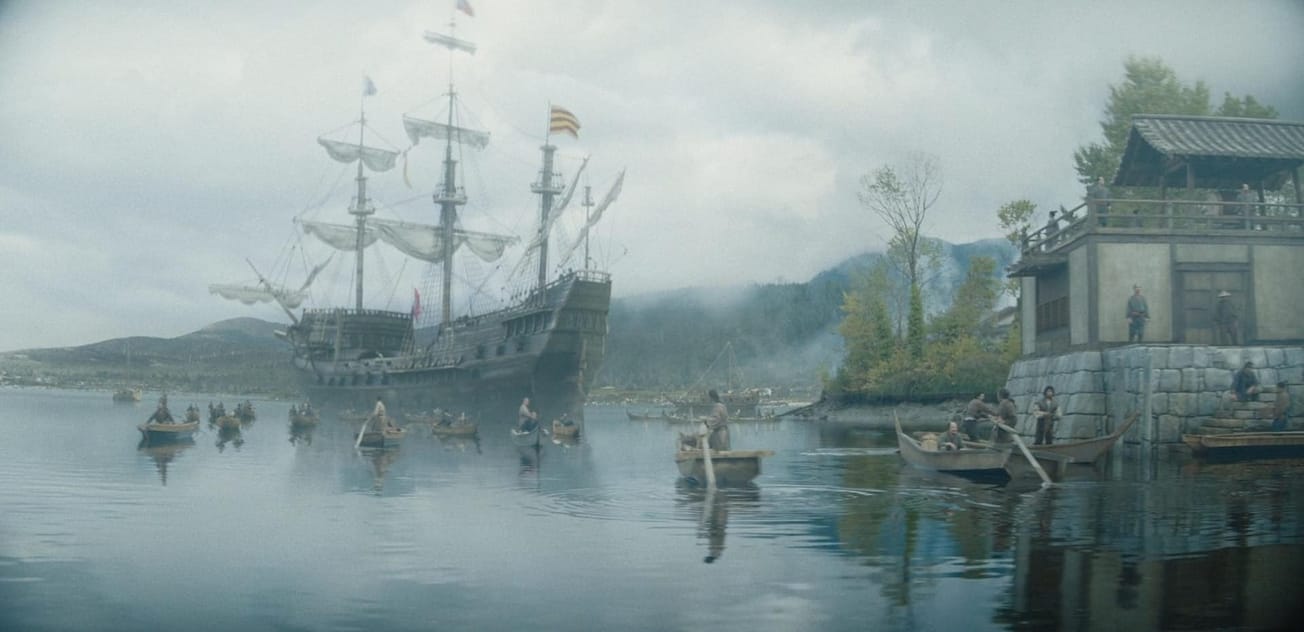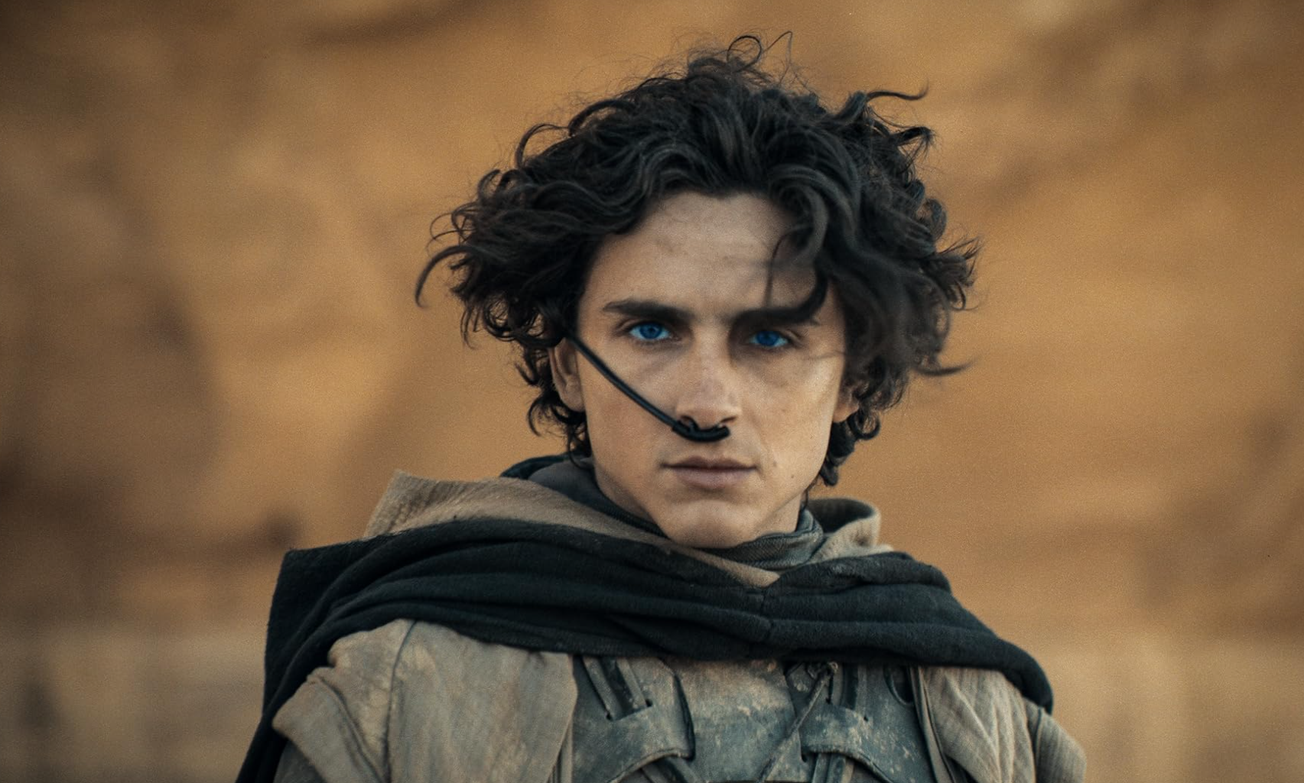By Jasmine Burke, Wellbeing Editor
In light of Black History Month, Wellbeing Editor Jasmine Burke discusses the role of black people in film and their common placement as sidekicks rather than heroes.
Like any other person, I looked up to many characters in film and television when I was younger. I wanted to be like them when I grew up, I wanted to dress and look exactly like them. But the older I got, the more I realised that none of these characters that I looked up to were black like me. It was not because I chose to gravitate towards white leading roles, but rather because black actors are often sidelined into supporting roles in major Hollywood films.
There is absolutely nothing wrong with having role models of different ethnic origin to you. In fact, I strongly believe that you should look at role models from an objective standpoint, outside of their ethnic origin. But, when actors of colour are more often portrayed as the sidekick rather than the hero, it feels like they are not given a fair shot.
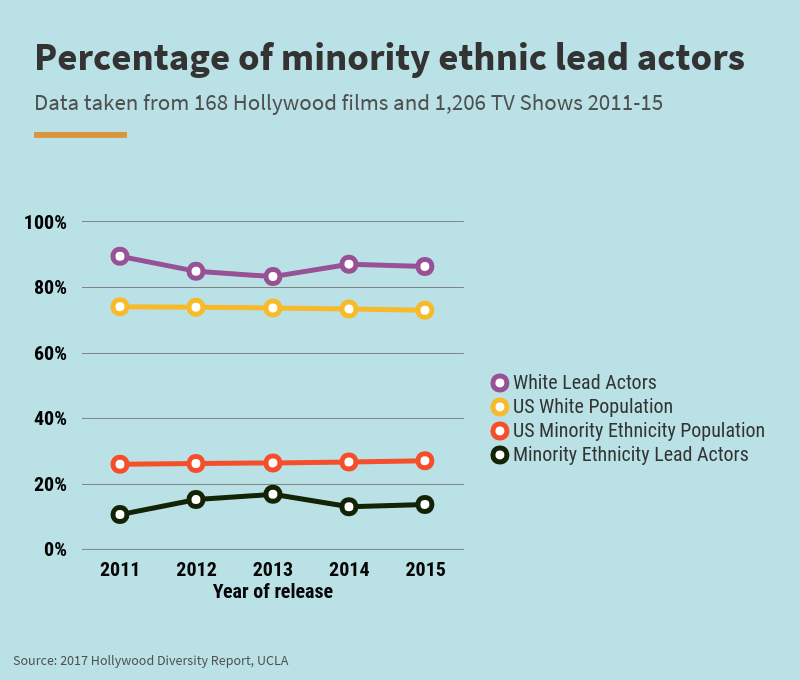
Epigram / Patrick Sullivan
This became clear the more I obsessed over popular films as a child. In High School Musical (2006), the two main black characters played the best friends to the protagonists. In Camp Rock (2008), there was a mixed-race girl as the best friend to the mean girl and two black drummers that were background characters. The Harry Potter franchise (2001-11), whilst still a massively loved part of my childhood, has an undeniable problem with ethnic diversity. Does it mean that I did not enjoy any of these films? Of course not, I loved every single one of them. But it oh-so slowly dawned on me that I did not have as much representation as some others.
The issue with this trope is that it has a real risk of subliminally impacting the way that we live our lives. I spent a long time thinking that I could not audition for main characters in school plays, or that I had no choice but to be labelled as an ‘angry black girl’ or a ‘sassy best friend’ with no further depth. I am not the most outspoken person in the world and I, like many other black girls, do not fit the hand on hip, kissed teeth, ‘sassy black girl’ stereotype. As a child, however, I felt that if I ever wanted to go into the world of acting, that was all I could be.
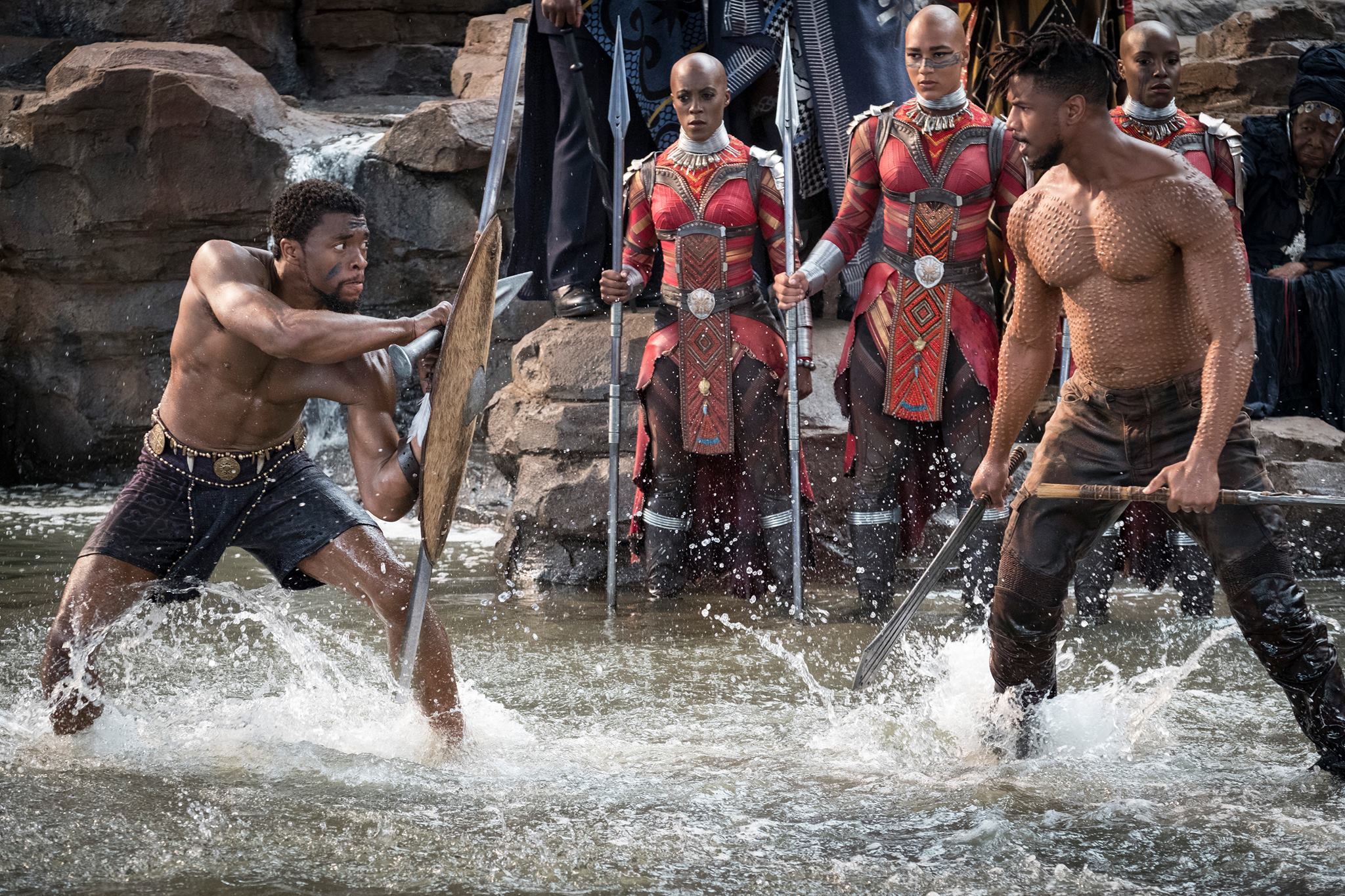
Facebook / Black Panther
When I first saw Black Panther (2018), I was hit with an indescribable amount of pride. In fact, for a while I really did not know how to put it into words. This was a whole blockbuster film, with a majority black cast that not only broke many a Box Office record – including but not limited to ‘Biggest solo superhero launch of all time’ – but broke free of the many stereotypes and sidelining that I had become so used to absorbing.
I was met with strong and empowering black female characters; role models that I did not realise had been lacking from my media consumption until that moment. It showed the world that a film can have black leads and a majority black cast and still be seen as a major Hollywood blockbuster, as opposed to a ‘black film’ which often seems to be interpreted as lesser. It did not show black actors solely playing characters of oppression, or marginalised stereotypes and sidekicks. It showed them powerful and in charge and that meant more to me and so many other black people than I can describe.
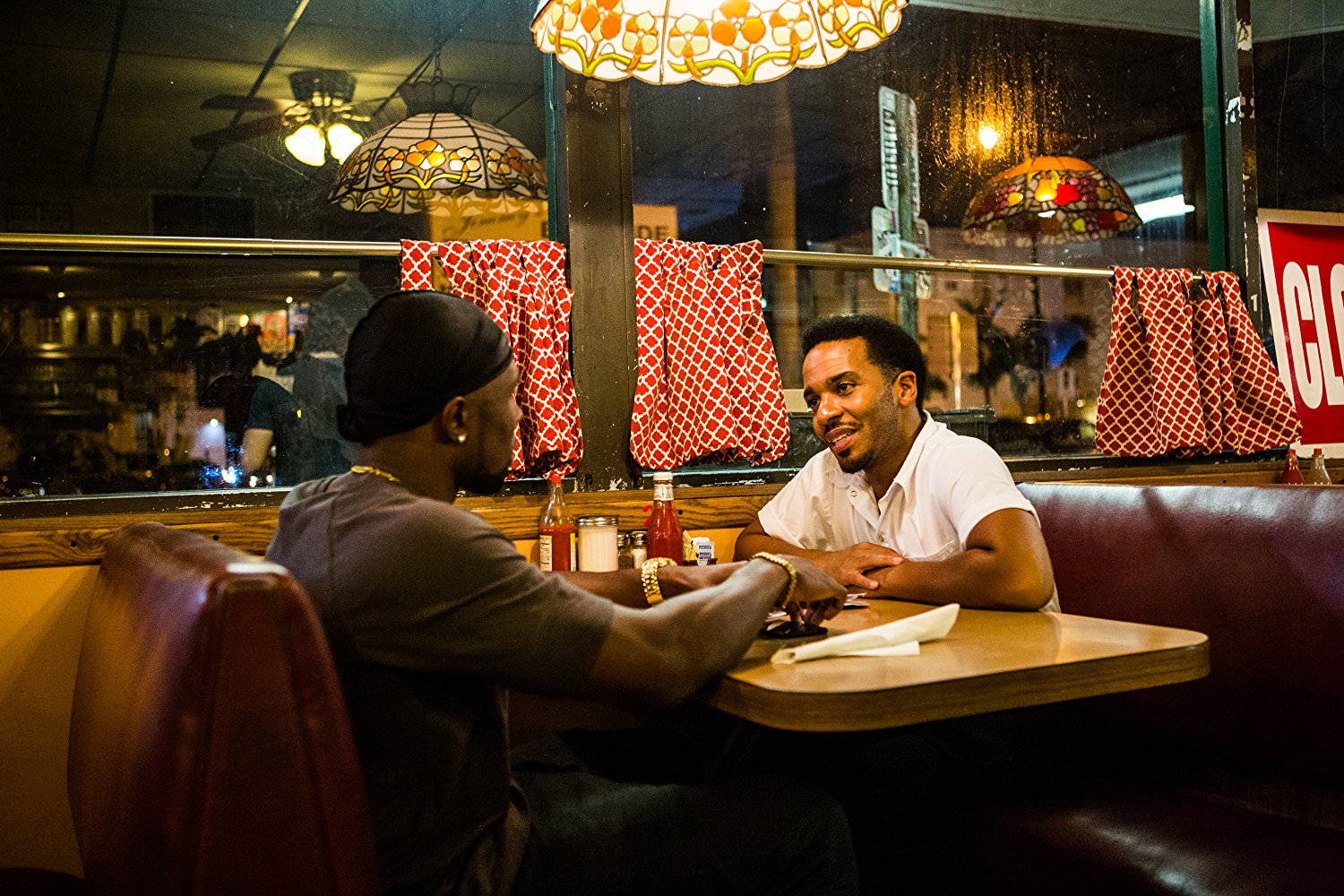
IMDb / Moonlight / A24
In all honesty, I have never been one to be concerned with the lack of diversity around me. But it was not until I was presented with a film that portrayed black actors as the heroes and the leads that I realised how much I had needed that in my
life.
I am so happy that representation in film is finally becoming more common in mainstream media. Be it those films highlighting the brilliance of black actors like Moonlight (2016), Get Out (2017) or Black Panther, or those supporting other ethnic minorities like To All the Boys I’ve Loved Before (2018) or Crazy Rich Asians (2018).
We are finally enabling a narrative that shows that anybody can be a main character, regardless of their skin colour. It may seem like a superficial change to some, but trust me, it has more of an impact on those represented than you know.
IMDb / Captain America: Civil War / Marvel Studios
Will you be more mindful of how well films represent ethnic minorities in the future?
Facebook // Epigram Film & TV // Twitter

